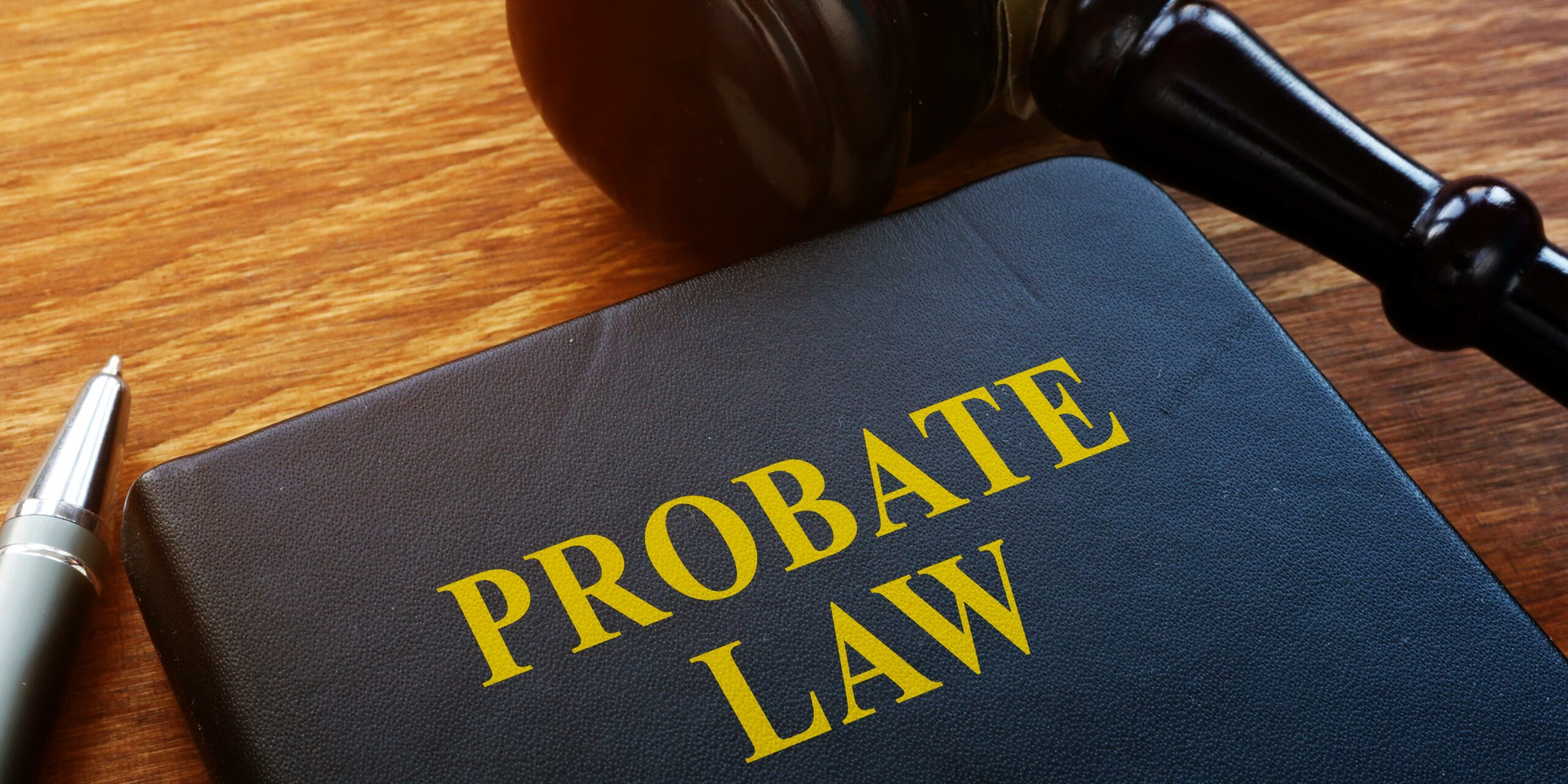- Business Planning
- Elder Law
- Estate Administration
- Estate Planning
- Guardianship
- Real Estate
- Special Needs Planning
Probate is often thought of as a process that is best avoided. There certainly are situations in which probate is not necessary, but it is surprising for some to learn there are benefits which can only be gained by engaging in the probate process. In most cases, probate is an easy and straightforward process. Unfortunately, it seems the probates that get discussed are not the ones that go smoothly, but rather the situations in which something unexpected occurs. It is best to understand the process before automatically assuming probate should be avoided.
Probate is a court-supervised, three-step process for first identifying and gathering the assets of a deceased person (the “decedent”), then paying the decedent’s debts, and finally distributing the decedent’s assets to his or her beneficiaries. In general, the decedent’s estate assets are used first to pay the decedent’s outstanding debts and the remainder is distributed to the decedent’s beneficiaries.
There are two main types of probate administration under Florida law: formal administration and summary administration. There is also a non-court supervised administration proceeding called “Disposition of Personal Property without Administration.” However; this type of administration applies only in very limited circumstances.
Probate is required to transfer title of assets which are titled in the name of the deceased individual (not in a trust) and do not have a designated beneficiary or co-owner. If there is a valid will, the assets will be distributed according to the instructions in the will. If there is not a will or trust (the legal term for this is dying “intestate”), the assets will be distributed according to Florida intestacy laws. This does not mean the state is going to take the assets of the decedent, but it does mean we look to the laws of the state where the decedent resided in order to determine who inherits what, which may or may not be what the decedent actually intended. In order to avoid intestacy and make sure your assets go to the people you want, in the way you want, it is best to make sure you have a valid, up to date will in place.
Probate is necessary to pass ownership of the decedent’s probate assets to the decedent’s beneficiaries. If the decedent left a valid will, the only way to legally carry out the decedent’s instructions in his or her will is through the probate process. Probate is also necessary to wind up the decedent’s financial affairs after his or her death. Administration of the decedent’s estate ensures that the decedent’s creditors are paid if certain procedures are correctly followed. The benefits of the probate process include reducing the time creditors have to make a claim in an estate. Probate also can provide protection from the claims of the decedent’s creditors for some assets, including homestead property.
With proper estate planning and counselling, you can minimize unintended consequences at death, which may or may not mean avoiding the probate process, and leave your legacy how you want, to whom you want, and the way you want. If you have questions about your estate planning and/or estate administration, or if you would like to join us for our next workshop, please contact the Law Offices of Hoyt & Bryan at (407) 977-8080 or visit HoytBryan.com.




